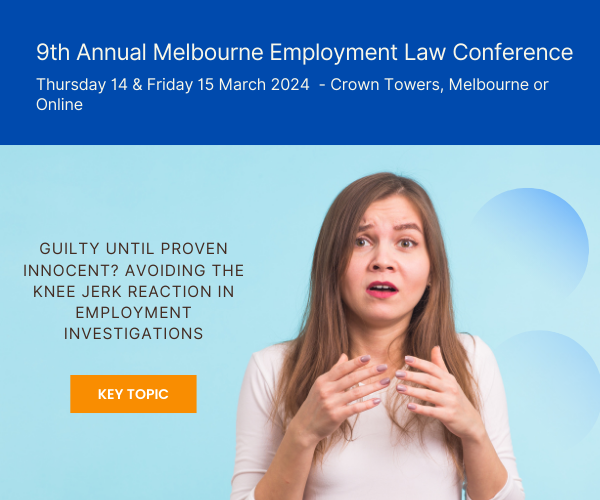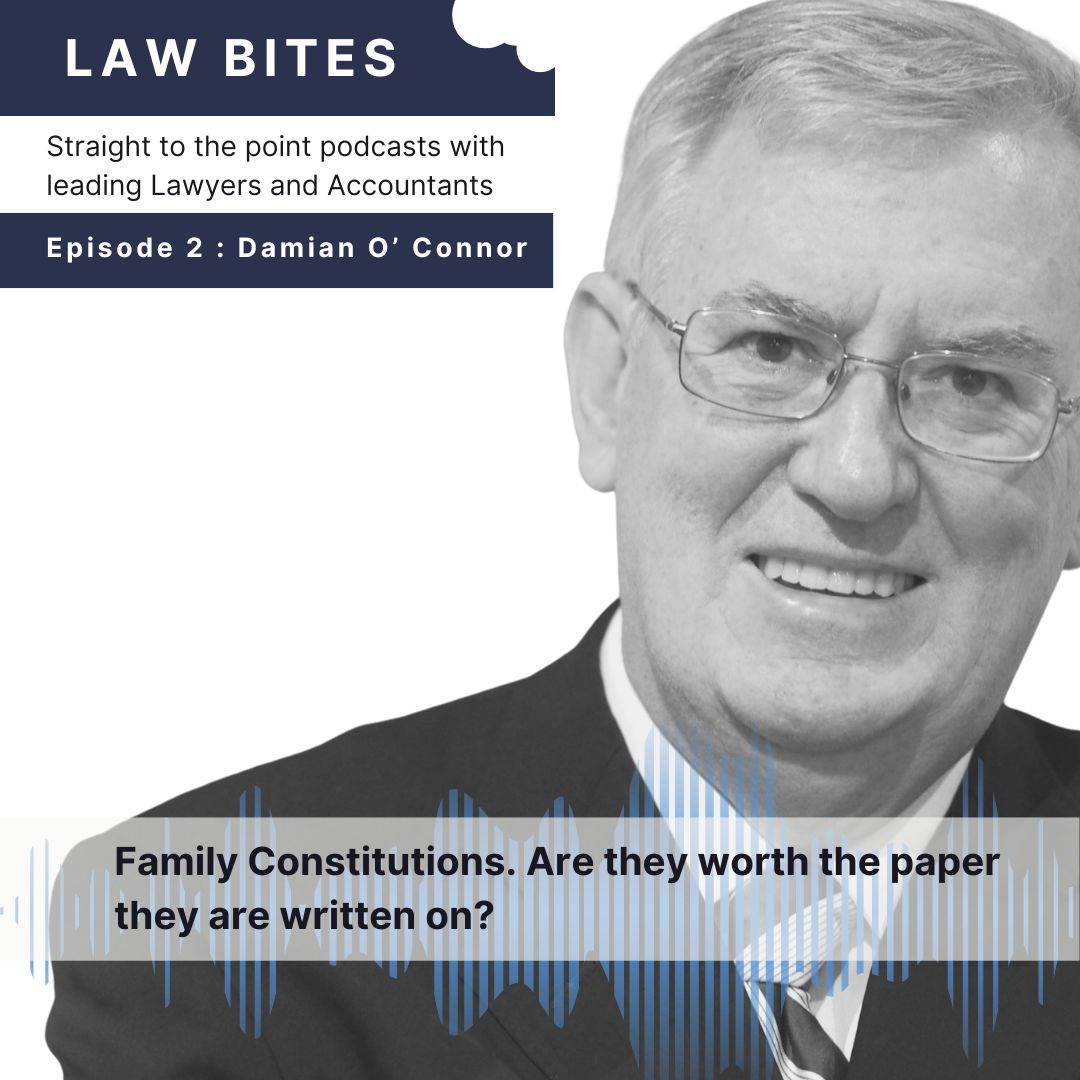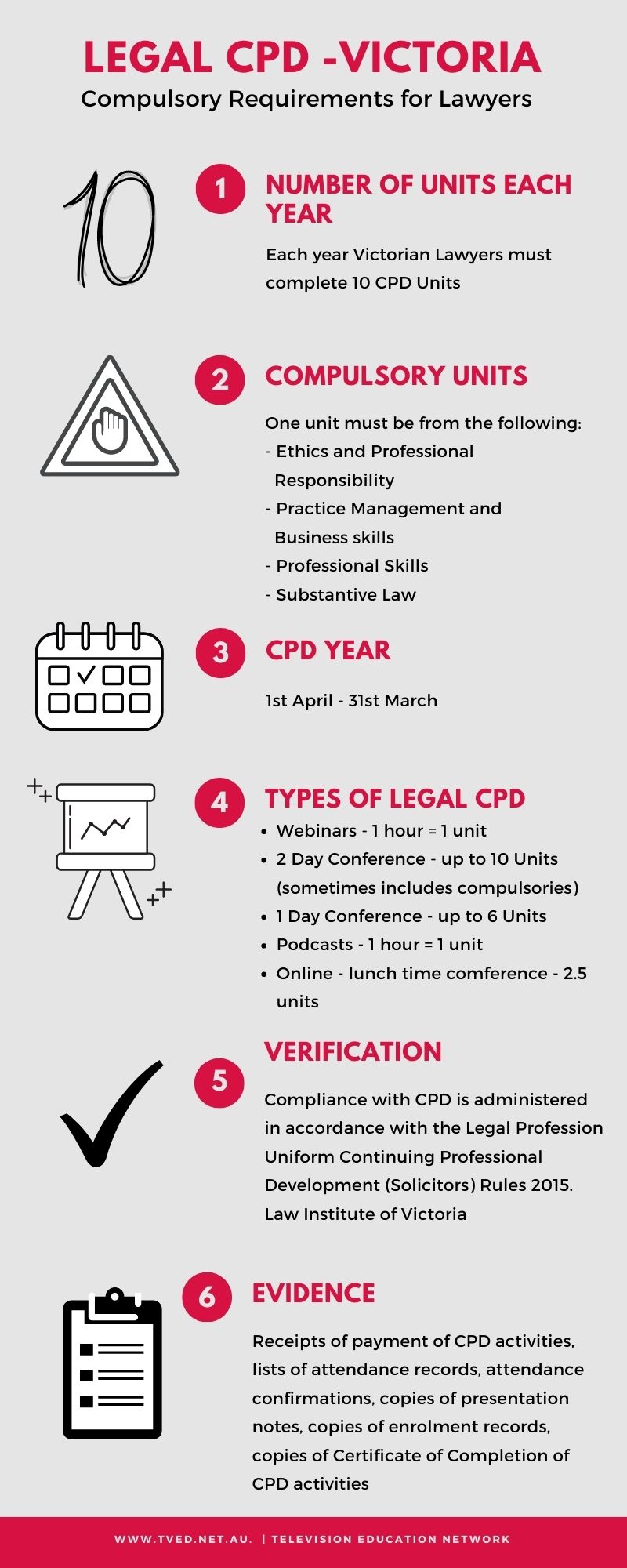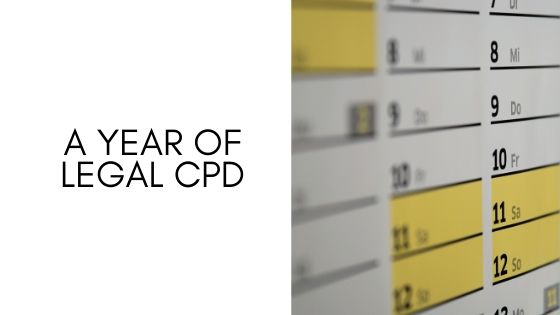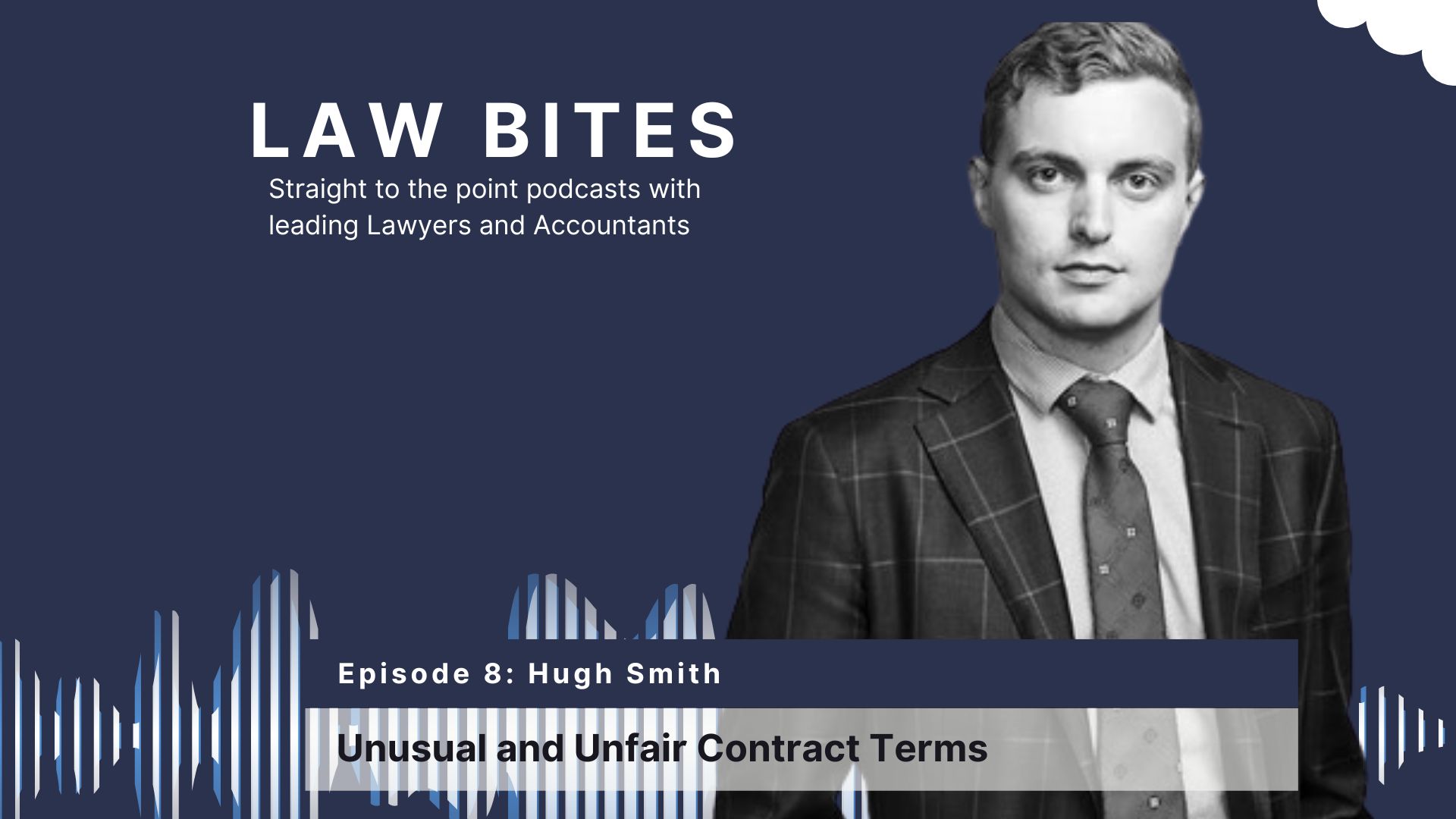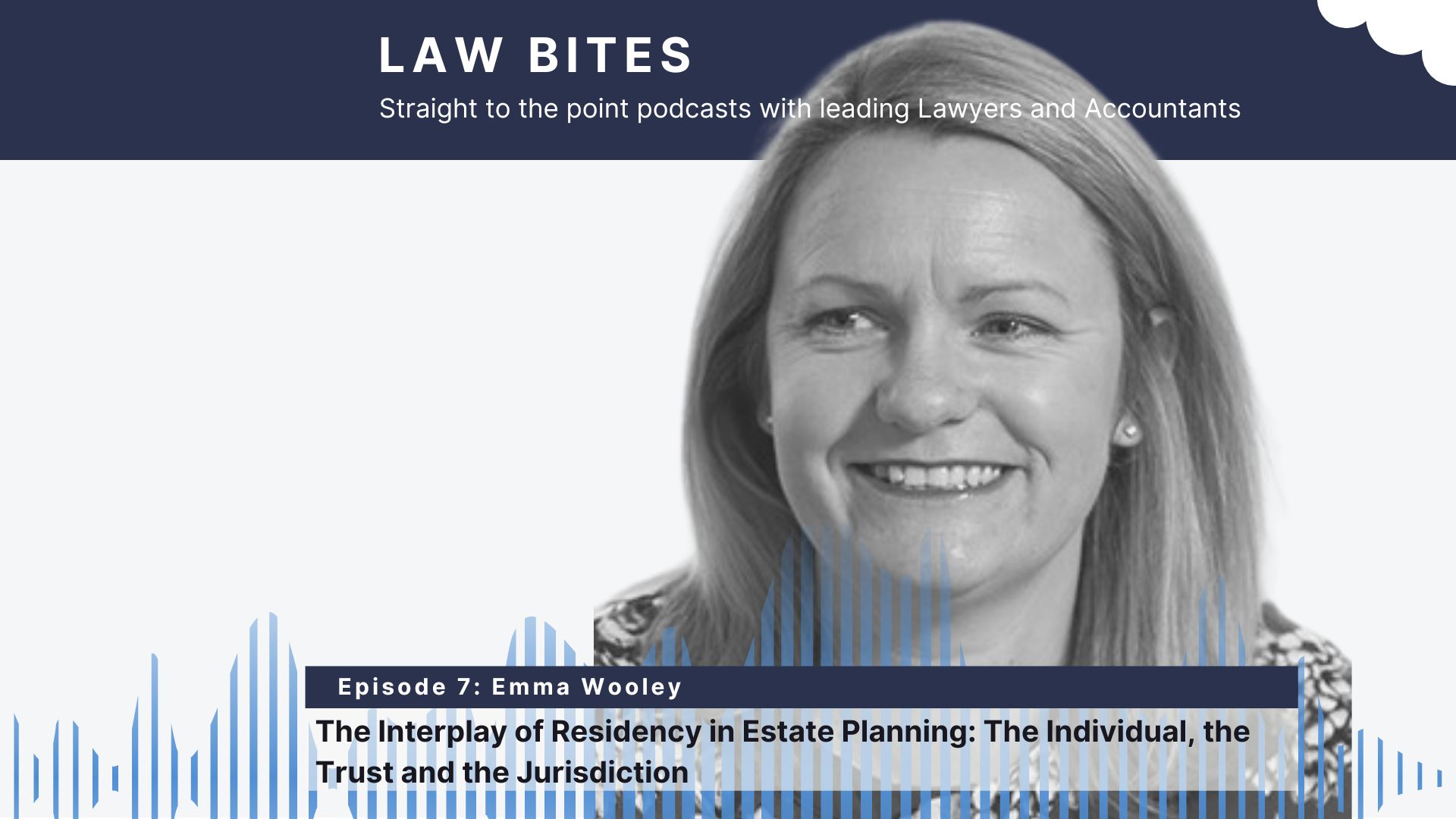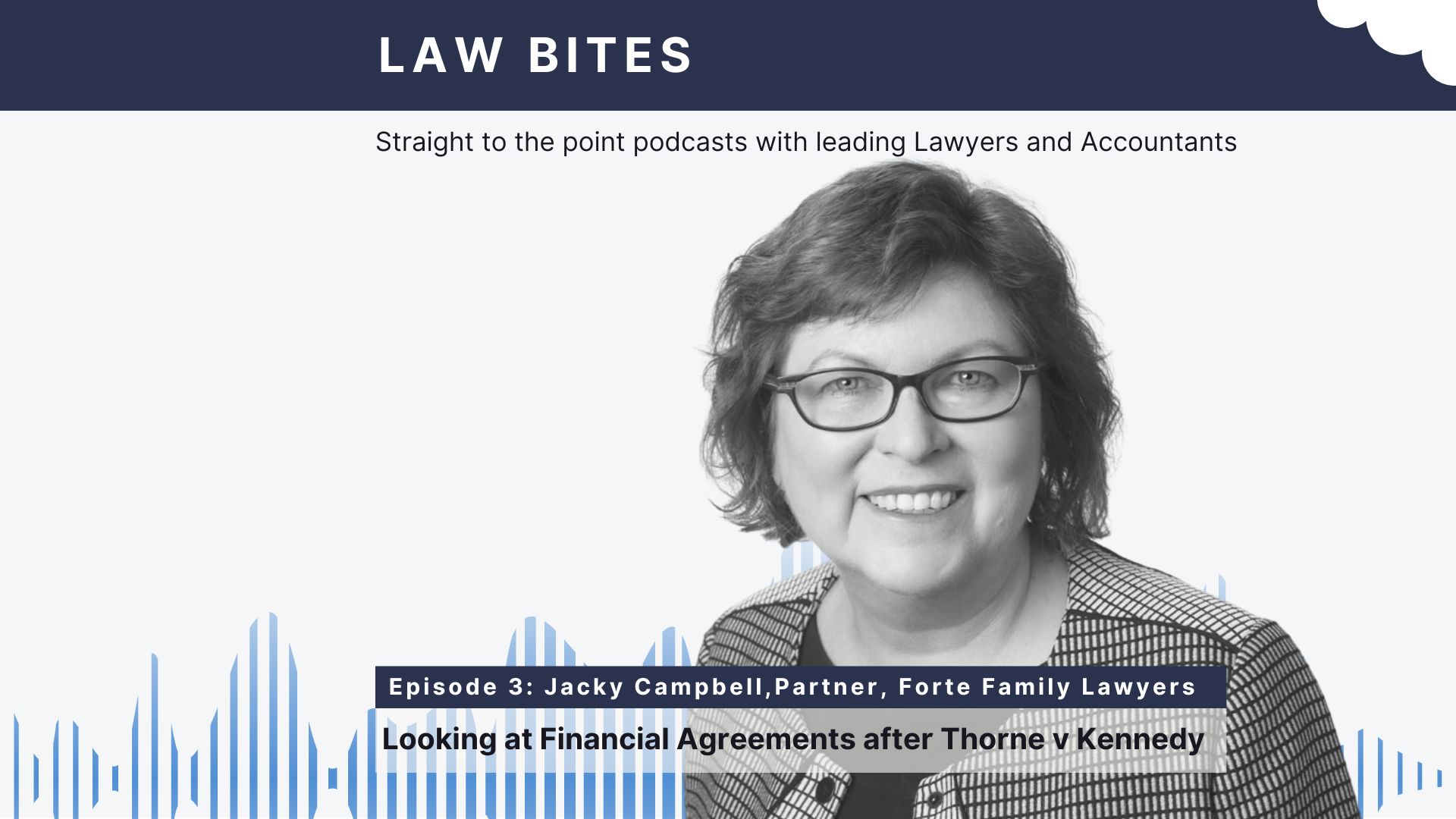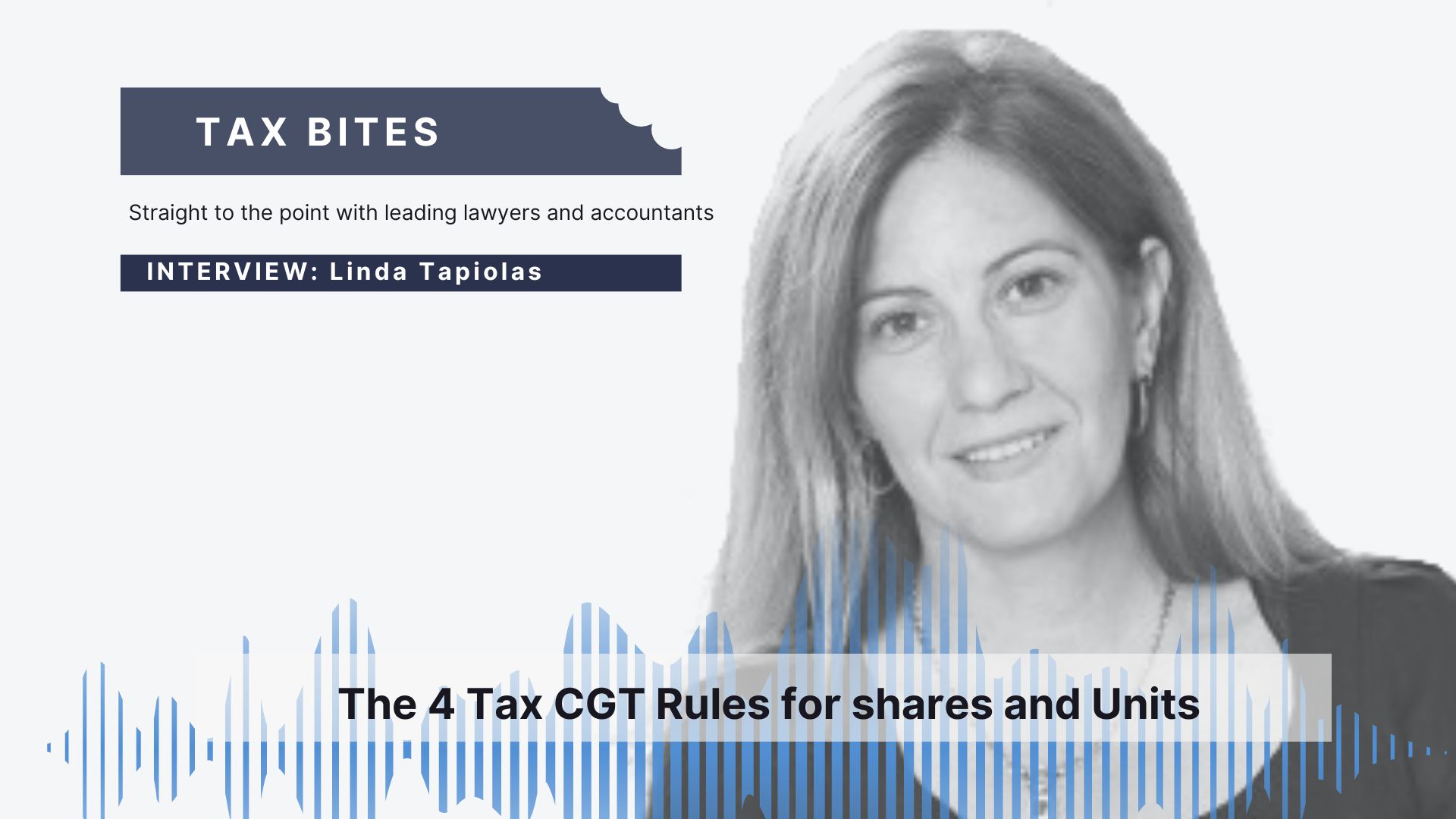Navigating Client Pushback: Why Ethics CPD for Accountants Matters More Than Ever
Navigating Client Pushback: Why Ethics CPD for Accountants Matters More Than Ever
In an ideal world, ethical standards in the accounting profession would be universally understood and respected—by both practitioners and their clients. After all, accountants operate under a wide-ranging framework of codes, standards, and obligations. From the Code of Ethics to compliance with NOCLAR, quality control standards, and the requirements of the Tax Practitioners Board (TPB), one could reasonably assume that ethical conduct is well regulated and consistently applied.
But reality often tells a more complex story.
Despite the regulatory clarity, many accountants in public practice still encounter pushback—not from within the profession, but from the very people they serve: their clients. Whether it’s a disagreement over financial reporting requirements, reluctance to cooperate in an audit, or a broader mismatch in ethical outlooks, these moments test not only an accountant’s judgment but their resolve.
So, how do professionals manage these situations while staying true to their ethical obligations?
This is where Ethics CPD for Accountants plays a vital role. Continued professional development isn’t just about ticking compliance boxes—it’s about preparing for real-world dilemmas. Ethics CPD provides a framework for recognising, analysing, and responding to challenging scenarios, particularly when client interests seem to conflict with professional standards.
A few common challenges accountants report include:
-
Clients preferring special purpose financial statements to cut costs—even when general purpose statements are more appropriate
-
Tension when one accountant’s ethical stance differs from a predecessor’s
-
Navigating client relationships that no longer align with the values or framework of the practice
These are not isolated cases. Ethical dilemmas are a part of modern accounting practice—and knowing how to handle them is essential to maintaining professional integrity.
At the end of the day, accountants are trusted advisors. Upholding ethical standards isn’t just about regulatory compliance—it’s about protecting the reputation of the profession and ensuring clients receive honest, principled service.
Whether you're early in your career or a seasoned professional, revisiting ethical frameworks through targeted CPD is one of the most practical steps you can take to navigate the evolving landscape of client relationships.
Ethics CPD for Accountants isn't just a requirement—it's a safeguard for you, your practice, and the profession as a whole.


